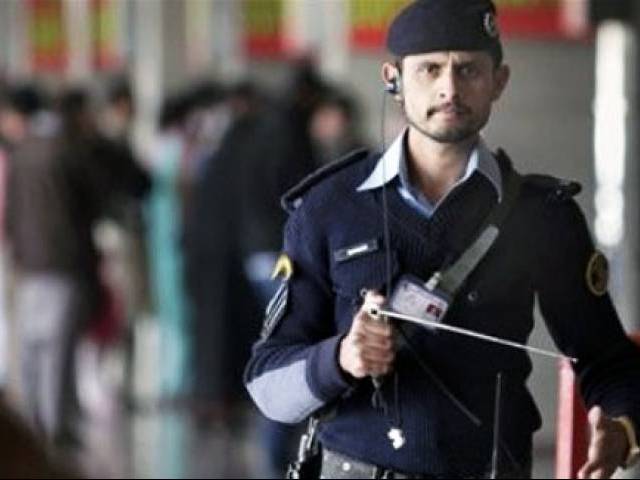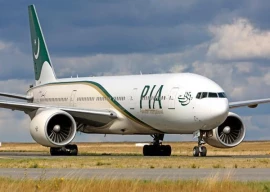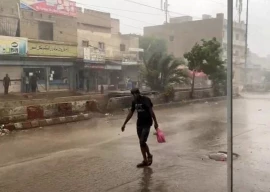
The story covered the global scam that ripped multiple governments of millions of dollars, which bought scores of these useless plastic toys to secure their citizens. These devices had aerials that would swing according to the users’ unconscious hand movements and were either empty cases or were packed with fake circuits.
Conectivity: New bus service to start at new Islamabad airport
These devices were first sold in the USA as golf ball detectors for $20 apiece and later as drug scanners. The Federal Bureau of Investigation found out about them in 1996 and banned their manufacturing and use in the US. These fake devices however resurfaced in the UK immediately, with multiple names, this time being pitched at a much higher price and with even more phenomenal claims. They were sold in the price range of £5,000 to £40,000, with a few allegedly traded as high as half a million pound apiece. The claims attributed to these detectors differed across countries but included the ability to detect bombs, explosives, drugs, ivory, currency notes and even hepatitis and HIV.
By the time the BBC story appeared, the man behind this scandal, James McCormick, was already jailed for 10 years, along with other accomplices. And most of the countries that had fallen victim to the scam realised their embarrassing mistake by then and pulled these devices off the ground. The BBC story, however, specifically mentioned Iraq, Djibouti and Pakistan amongst the countries that were still using them in 2014.
Iraq later banned these devices in 2016 after a deadly explosion killing 150 people. Pakistan however is still using them in 2018 with the same conviction. Besides the comicalness and absurdity of the situation, it raises some serious questions.
First and foremost, how come our government has turned a deaf ear to this scam, despite massive noise in the media? The real reason has to be more than mere ignorance. Unfortunately however, the issue has never been taken up by senior officials, political bosses or even the courts and neither has there been any explanation by the government on this account.
It is also important to find out when the devices currently in use were bought. The UK government put in place export controls in 2010 and much of the procurement of these devices happened in the preceding ten years. But I remember visiting a senior police officer in Islamabad as late as 2015, where he was being given a demonstration of these devices. I don’t know whether it resulted in any purchases but the devices continued to be sold much after the scandal came to light.
Secondly and more importantly, how much are we relying on these useless toys to protect the security of our airports and other facilities? Are they creating a serious security lapse?
Man held at Peshawar airport for smuggling heroin in toffee packets
And lastly the issue points towards the much more serious governance deficit and poor public-sector management. How come a state managing the fifth-most populous nation on the planet and building motorways, mass transit systems and world-class airports is so inept, non-responsive and disconnected that something that has become an international joke is still in use here in open daylight.
Not only should the government put an immediate stop to their use but should also initiate an inquiry into their procurement, the prices that were paid for these plastic toys and any scientific tests or quality assurance undertaken before their purchase.
Published in The Express Tribune, May 16th, 2018.
Like Opinion & Editorial on Facebook, follow @ETOpEd on Twitter to receive all updates on all our daily pieces.













COMMENTS (3)
Comments are moderated and generally will be posted if they are on-topic and not abusive.
For more information, please see our Comments FAQ